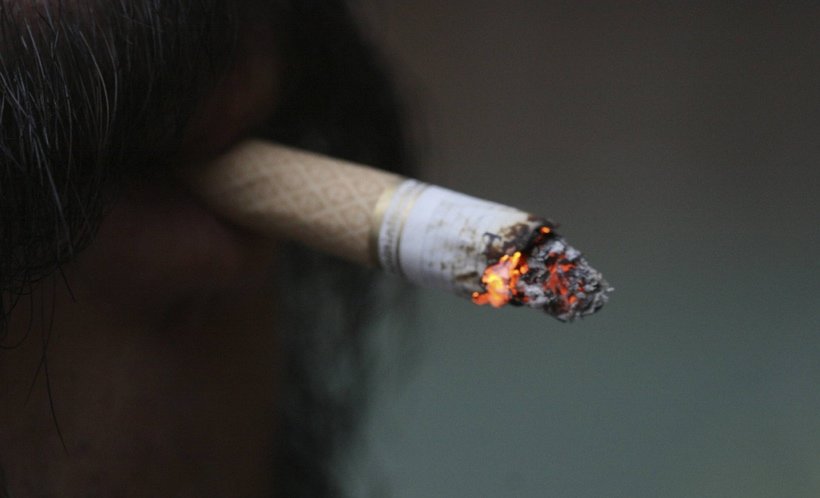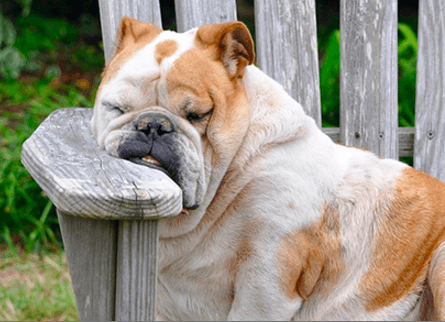There are many factors that cause or worsen bone loss and increase risk for osteoporosis:
- Family history
- Genetics
- Petite frame
- Age
- Race
- Gender… to name a few
While these factors make you more vulnerable to fractures, there is some good news. Cutting out everyday bad habits, can boost your bone health.
To have strong and healthy bones, you need to lessen these bad habits.
With that in mind, here are 8 bad habits that affect your bone health:
8. Sedentary Lifestyle
Astronauts might not be the first thing that comes to mind when you think about a sedentary lifestyle. But they are the most pure example of the effects of sedentary living on bone health. With zero gravity in space, it literally means that there is no exerted physical pressure on your bones. Astronauts lose their bone density up to 12x faster than the average human living on earth! Now if you follow a sedentary lifestyle on earth, your bone loss won’t be as dramatic.
But simply put, if you don’t use ‘em, you lose ‘em.

7. Lack of Sun Exposure
Sunlight is the best source of vitamin D, but as many as 85% of Americans are vitamin D deficient!
If you’re worried about having to spend hours in the sun, you don’t have to be.
The human body can produce 10,000 IU to 20,000 IU of vitamin D in just 20 minutes.
The ideal time to do so? New research supports that noon is the best time to get in your vitamin D from the sun, instead of the morning or the afternoon. But unless you are exposed to sunlight on your skin regularly, sunlight might not be the best source for you. Instead, supplementing with vitamin D will ensure you are getting an adequate daily amount. If you take a vitamin D supplement, make sure you also take it in combination with calcium and magnesium to maintain a proper balance.
6. Poor Diet
Processed foods, refined sugars, high-sodium intake are all apart of the Standard American Diet. Unfortunately, this is a disaster waiting to happen when it comes to your bone health. Your bones need dark leafy greens, whole grains, fruits, nuts and calcium-rich foods.
For a full list of the 13 vitamins and minerals that are proven for strong and healthy bones, click here.
5. Smoking

Smoking is not only bad for your overall health, but also your bones. Most studies show that smoking increases the risk of fracture. Women who smoke often produce less estrogen and experience menopause earlier. This results in increased bone loss compared to non-smokers.
There is some good news though. Smokers who quit appear to reduce their risk of fracture and low bone mass, although it may take a few years to lower their risk.
4. Poor Posture
It may surprise you to know that simple posture errors can affect your bone health. Nowadays, many people suffer from a common posture problem called Forward Head Posture. This is a result of leaning forward over phones, laptops or your desk at work. This posture strains your muscles and can actually cause or worsen your osteoporosis.
This is a fixable problem and you can combat it by doing a simple exercise called the Chin Tuck:
- Sit up straight
- Tuck your chin in by using your neck muscles to align your head over your shoulders
- Hold for 5 seconds
- Repeat 8 times
3. Lack of Sleep

A lack of sleep during your lifespan can not only affect proper development but contribute to aging. But can a lack of sleep also affect your bone health?
Researchers observed that a lack of sleep in rats halted bone formation. Their bones also continued to decrease in bone density. Lead researcher Doctor Carol Everson suggests that if this is also true for humans – sleep deprivation can affect how our bones repair themselves.
Try natural sleep remedies such as lavender essential oil, which has been proven to aid in sleep. Melatonin is also commonly used as it’s the hormone that controls sleep. Have any other natural sleep remedies that work? Comment below!
2. The ‘Right’ Kind of Exercise
There are many studies proving that regular weight bearing exercises such as weights, resistance training and running increases bone strength and density. One study showed older women reduced chance of hip fracture by over 40% by working out with weight resistance exercises just four hours week. Pilates, hiking, yoga, and even gardening are great weight bearing exercises to incorporate into your workouts.
1. Not Supplementing As You Age
Virtually everyone in America is lacking in essential minerals! On top of that, every year after reaching peak bone mass (around age 40) you begin to lose 1% of your bone density each year. The combination means your once healthy bones will start to experience bone loss, unless you make up for the shortfall. Supplementing with a clinically supported bone-building supplement will ensure you are getting the vitamins and minerals you need for healthy bones.
If you want strong and healthy bones, stay away from these bad habits and form good ones.
Good habits such as a nutrient rich diet high in calcium and magnesium rich foods. Plenty of regular weight-bearing exercise that stress your bones (in a good way) and supplementing with an organic, natural bone building supplement to make up for the shortfall.





Article Comments